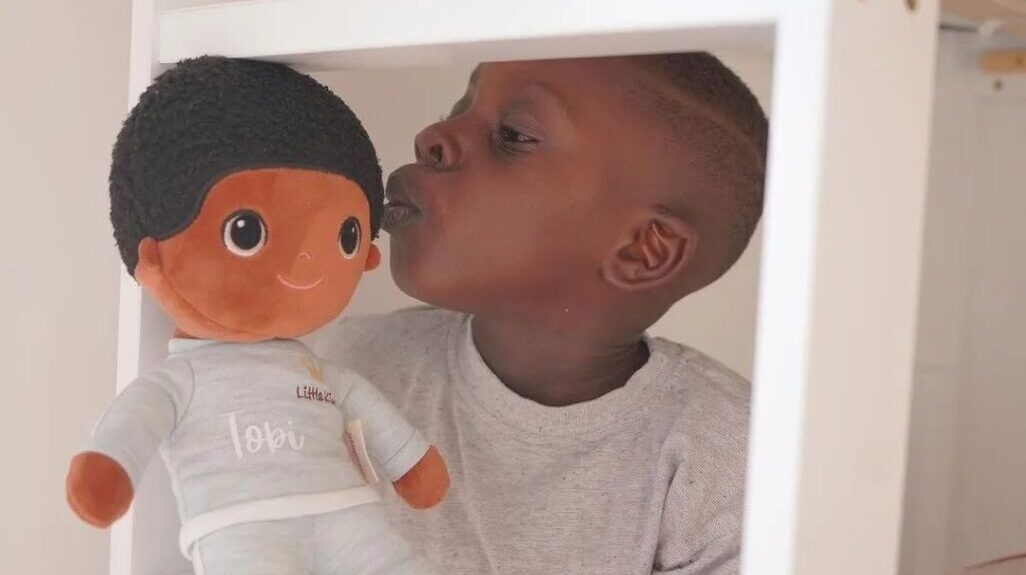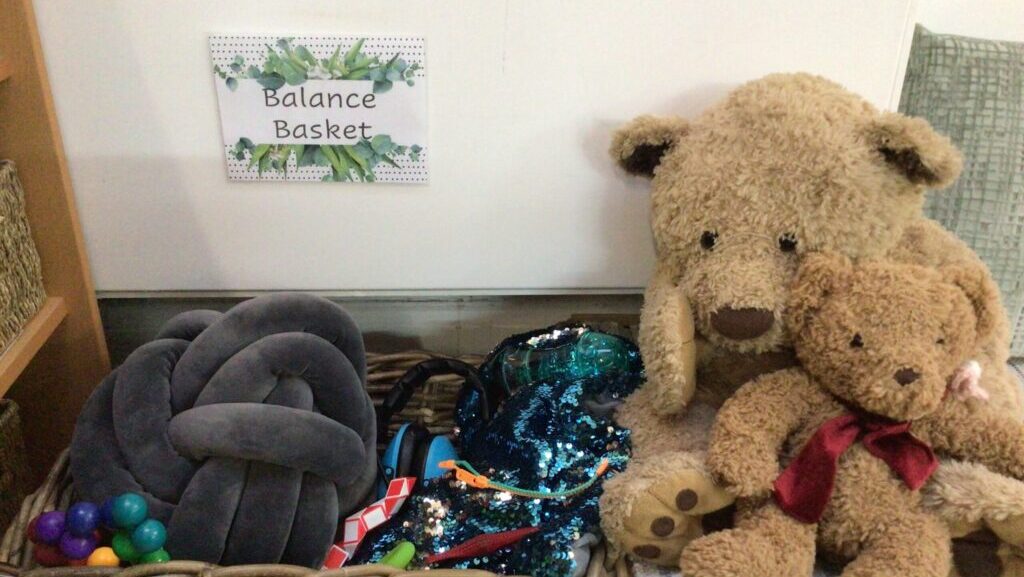The winners of the National NMT Nursery Awards reflect on what their achievement means to them
Representation matters
Stephanie Mensah, co-founder of Bibinee Dolls, explores the importance of diversity in early years education and asks if we are doing enough

Children absorb and interpret the world around them from an early age. Research has shown that exposure to diverse toys, books and learning materials can significantly influence their perceptions of race and inclusion. The early years sector plays a vital role in shaping young minds, but are nurseries and early learning facilities in England and Wales doing enough to ensure all children feel represented?
A recent study by the Centre for Literacy in Primary Education found that only 5% of children’s books published in the UK featured a main character from an ethnic minority background, despite 37% of school-age children in England identifying as black, Asian or another ethnic minority group. This gap in representation is mirrored in early years learning materials, where diversity remains significantly lacking.

Why representation matters in early years
When children don’t see themselves reflected in the resources around them, it can affect their self-esteem, sense of belonging, and early development. According to child psychologist Dr Jennifer Steele: “When children engage with diverse dolls and books, they develop more positive attitudes towards racial diversity and a greater sense of empathy.” The absence of inclusive resources can lead to feelings of exclusion and contribute to long-term identity struggles.
Additionally, studies have linked diverse early learning environments to reduced racial bias in children. Research from Goldsmiths, University of London, found that exposure to multicultural toys and materials encourages greater acceptance and inclusivity from an early age. Challenges faced by nurseries in implementing diverse resources Despite the benefits, many nurseries and early years providers struggle to source appropriate materials that accurately represent black and brown children.
Common challenges include:
Limited availability: Many mainstream toy suppliers and book publishers still offer a predominantly white-centric selection.
Budget constraints: High-quality diverse resources are often more expensive or harder to access in bulk.
Lack of awareness: Some early years educators may not realise the impact that a lack of diversity in toys and books can have on young children.

Best practices for nurseries looking to improve representation
For nurseries and childcare providers looking to create a more inclusive environment, it is crucial to adopt a proactive approach:
Audit your resources – Assess the books, toys and materials available in your setting. Do they reflect a diverse range of cultures, family structures and skin tones?
Invest in diverse dolls and toys – Representation in play is essential. Ensure that dolls and figures reflect a variety of racial backgrounds. Choosing high-quality, machine-washable dolls that authentically represent different ethnicities can be a valuable addition to any nursery setting.
Curate an inclusive book collection – Choose books that celebrate different cultures, traditions and family dynamics. Early years books that introduce children to diverse characters while making learning fun are essential.
Encourage open conversations – Provide training for staff on how to incorporate diversity into everyday learning and create a safe space for discussions on inclusion.
Engage parents and the community – Work with families to understand their cultural backgrounds and integrate them into the learning environment.
Enhance learning through play – Consider interactive learning materials such as puzzles that reinforce diversity. Engaging children in discussions about different cultures and identities through hands-on activities helps normalise inclusion in a fun and interactive way.
Support smaller, dedicated brands – Many smaller brands focus specifically on providing high-quality diverse resources such my own Bibinee Dolls. Working with these brands ensures that nurseries have access to tailored materials that meet the needs of all children.
Moving forward: time for change
Diversity and inclusion in early years settings should not be a secondary consideration – it is a necessity. By ensuring that all children feel seen and valued from the beginning of their educational journey, we can foster a more inclusive society for future generations. Nurseries and childcare providers have a unique opportunity to lead this change by actively incorporating diverse resources into their classrooms. The question remains: Are we doing enough to ensure that every child feels represented?
Latest Features
We find out how Chalk Nursery Group worked with managed technologies firm Active8 to make life easier for its nursery…
Trainer and consultant Samantha Dholakia explores the role played by beliefs and balance in our approach to leadership.




